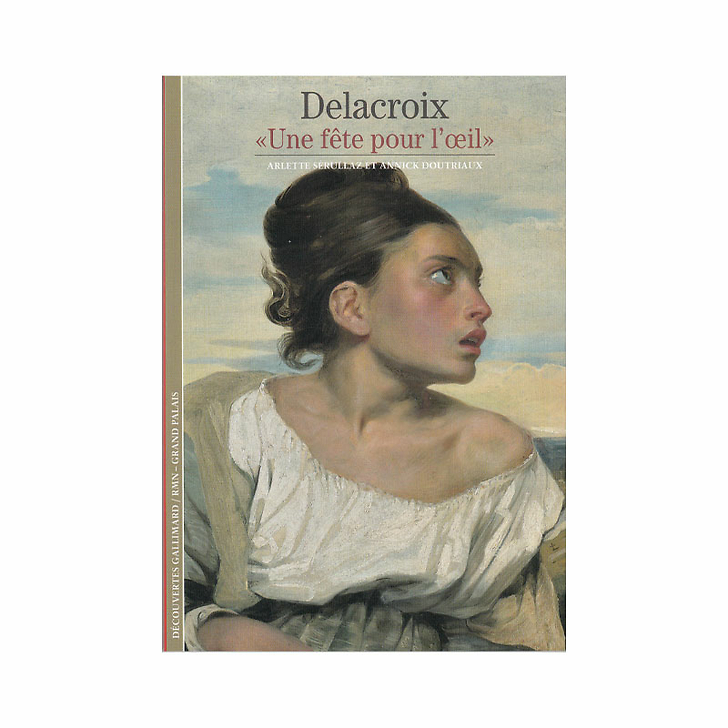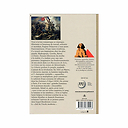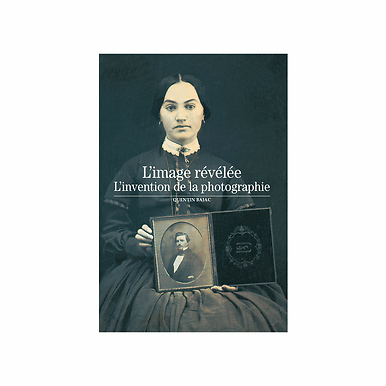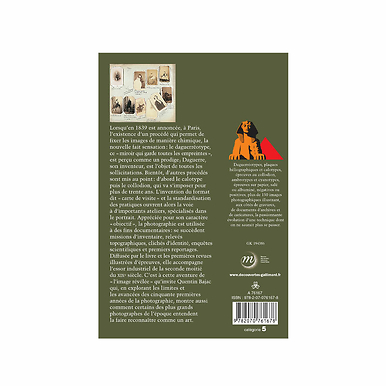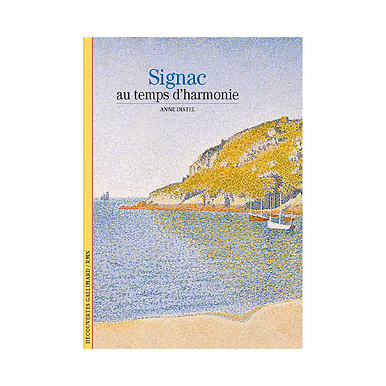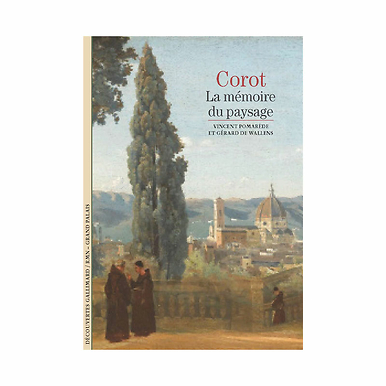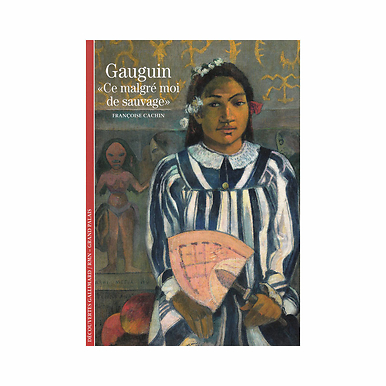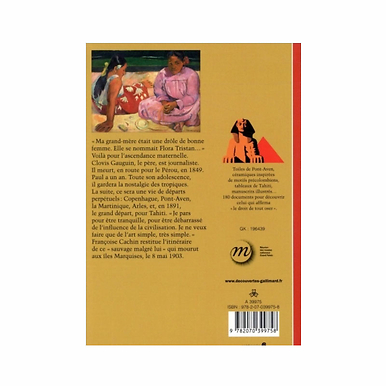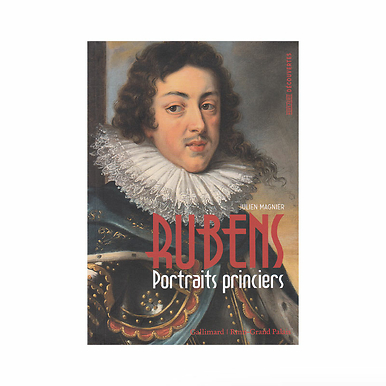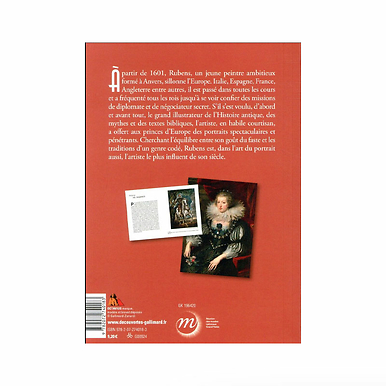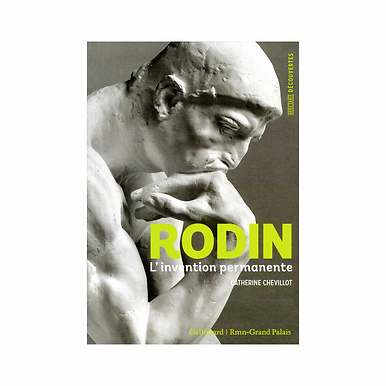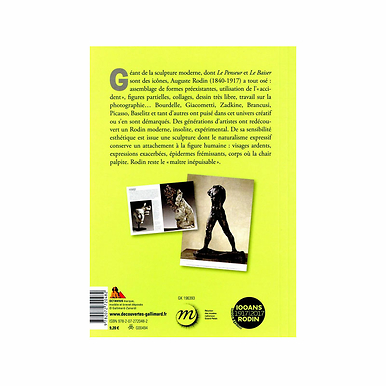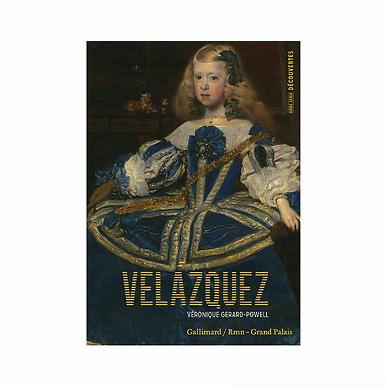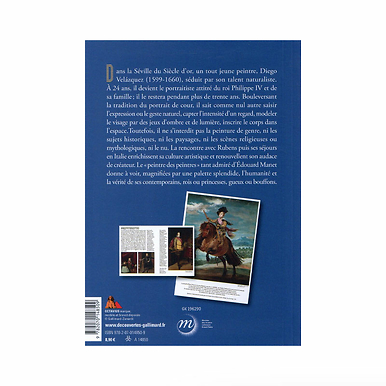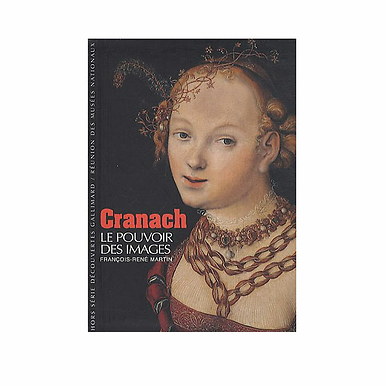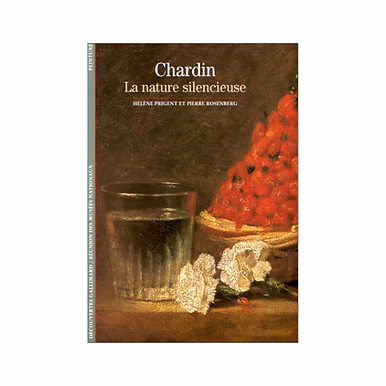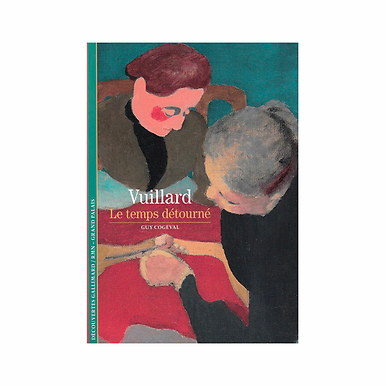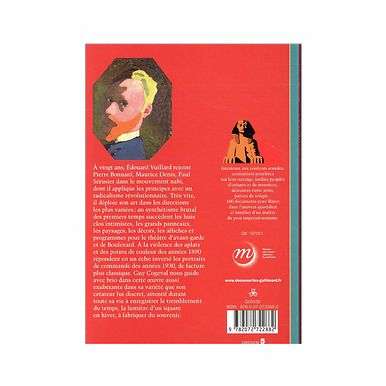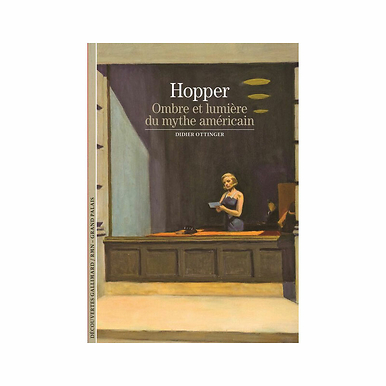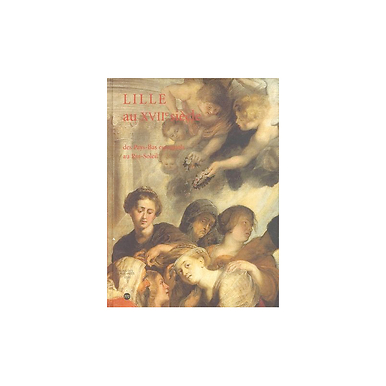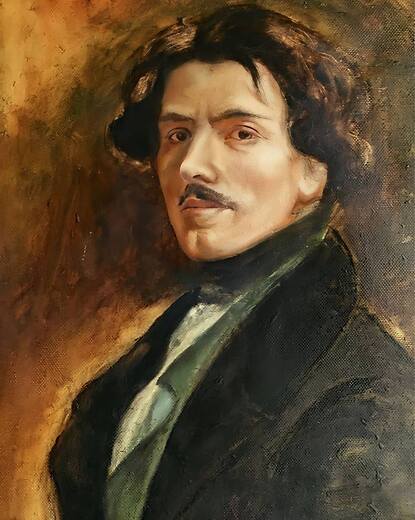Delacroix. « A feast for the eye » - Découvertes Gallimard special edition (number 347)
GK197134
FRENCH LANGUAGE
At once romantic and classical, dilettante and workaholic, solitary and socialite, Eugène Delacroix painted everything. Passionately.
With a vast erudition, he found his inspiration in the greatest, Shakespeare, Goethe, Byron and Dante. Passing freely from myth to reality, he translated...
Read more
FRENCH LANGUAGE
At once romantic and classical, dilettante and workaholic, solitary and socialite, Eugène Delacroix painted everything. Passionately.
With a vast erudition, he found his inspiration in the greatest, Shakespeare, Goethe, Byron and Dante. Passing freely from myth to reality, he translated the sufferings of his century with a rare imaginative power, The Massacres of Scio*, Greece on the ruins of Missolonghi, Liberty guiding the people, symbol forever of the revolution.
In 1832 in Morocco, he discovered, fascinated, the implacable light and the "true Antiquity"; watercolors and sketches multiplied, to constitute the substratum of a hundred paintings of which the Women of Algiers (1834).
Back in Paris, he devoted himself to the "great lights of mural painting" (National Assembly, Senate), and after having poured "alternately on his inspired canvases the blood, the light and the darkness", he delivered in the church of Saint-Sulpice the last fight of his life, he this convinced Voltairian who never ceased to confide to his Journal, at the same time as his aesthetic reflections, his questions and doubts.
Arlette Sérullaz and Annick Doutriaux illuminate here the universe of this painter-poet, prodigious colorist in whom Baudelaire saw the "head of the modern school".
French language
160 pages
Gallimard / Rmn-Grand Palais
Découvertes Gallimard (n° 347)
Close
Login to see prices
Sold by GrandPalaisRmn

